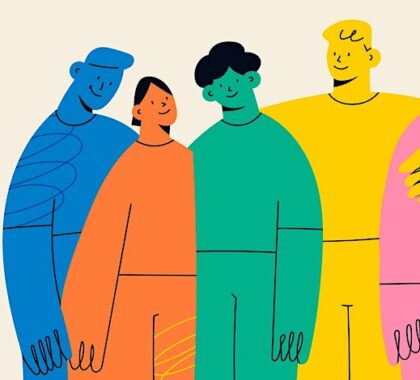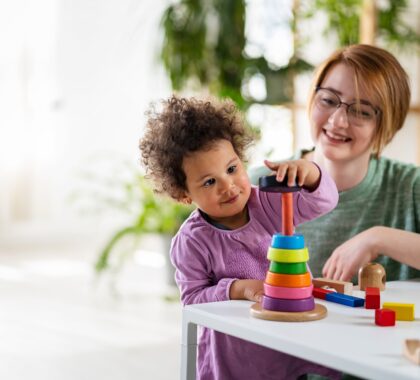Show filters
Theme
Area
Category
Homelessness: Advocacy and children’s rights
These two free sessions will provide an opportunity to discuss the experiences of children who are homeless and the barriers they may face. We will discuss how professionals can advocate on behalf of and utilise case law to ensure rights of children who are homeless are upheld.

Care leavers’ experiences of health inequalities
This online webinar is hosted jointly by the Association for Young People's Health and Coram Voice and will be co-chaired by a young person with experience on this topic. We will be joined by a range of expert speakers. During the event we will launch two important briefing papers, sharing the latest data and information on health inequalities experienced by young people with experience of care.

Therapeutic interventions: making the right choices
This half day course is aimed at professionals who work with children and families who may benefit from a therapeutic intervention and would like to increase their understanding of different therapeutic approaches. Foster carers, kinship carers and adoptive parents who are considering different options for therapeutic support may also benefit from this training.

Learning from Research: RCT Model of creative life story work for LAC
Life Story Work (LSW) is the process of helping people to remember and make sense of their early lives. It can help children who have been separated from their birth family to understand their past, and come to terms with the present circumstances and what has happened to them along the way. This session discusses the results and implications of recent research on the topic.

Exploring Expertise: Fetal Alcohol Spectrum Disorder
This session aims to provide adoption services and practitioners an overview of Fetal Alcohol Spectrum Disorder (FASD). It aims to help fostering and adoption services by providing strategies and resources to assist agencies who are working with children or young people with a FASD diagnosis. Our presenters are Sandy and Martin Butcher, co-founders and co-chairs of the Hertfordshire FASD Support Network. Our Chair is Alice Sewell, trainer at NationalFASD.
Working with schools: supporting the emotional needs of (previously) looked after children in education
This half day training is aimed at professionals who are supporting children and their families and who would like to explore different ways to collaborate with schools in meeting the child’s emotional needs.

 2 & 9 November 2023
2 & 9 November 2023  Online via Zoom
Online via Zoom  Free
Free  Add to calendar
Add to calendar